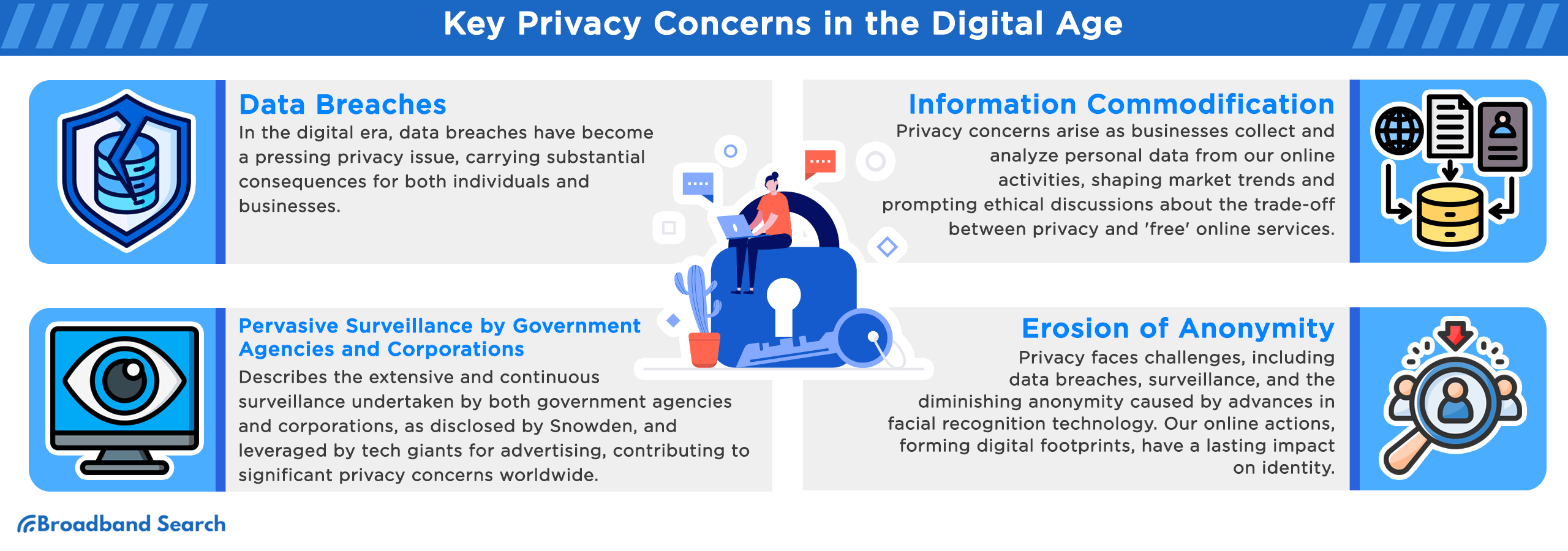How to Create a Blog Post Title That Grabbers

Investing in your personal development may seem like an abstract concept at first glance. However, it is a crucial practice that has far-reaching benefits beyond your current comfort zone. By dedicating time and effort into self-improvement, you can unlock new opportunities, enhance your relationships, and achieve a sense of fulfillment that transcends temporary gains.
Understanding the Importance of Personal Development
Personal development refers to the process of identifying areas where you can grow and improving those aspects of your life. This includes skill enhancement, emotional growth, and overall self-awareness. The importance of this practice cannot be overstated. By taking control of your personal growth, you set yourself up for long-term success in both professional and personal realms.
One of the most significant benefits of investing time in personal development is career growth. As you continuously learn new skills and expand your knowledge base, you become more versatile and valuable to employers. This increased value often translates into opportunities for advancement, better job performance, and ultimately, a higher income. Moreover, personal development fosters self-confidence, enabling you to tackle challenges head-on with ease.
How Personal Development Affects Career Growth
When it comes to career growth, there are several ways that personal development plays a pivotal role. First and foremost, continuous learning allows you to stay ahead of industry trends and adapt to changing circumstances. By mastering new skills, you demonstrate your commitment to improvement and set yourself apart from others who may be stagnating.
Another critical aspect of personal development in the workplace is emotional intelligence. Understanding your own emotions and those of others helps you build stronger relationships with colleagues and clients. This ability to connect with others fosters collaboration, enhances communication, and ultimately leads to better teamwork and professional outcomes.

Beyond individual achievement, investing in personal development also contributes to team success. When employees feel empowered and engaged, they are more likely to contribute their best efforts to the organization’s goals. This collective success creates a ripple effect that benefits everyone involved.
Building Resilience: A Key Component of Personal Growth
Resilience is not just about bouncing back from setbacks; it’s about facing challenges head-on with a positive mindset. Through personal development, you learn to identify and analyze obstacles, develop creative solutions, and maintain a strong sense of self-efficacy.
Building resilience helps individuals handle stress more effectively, whether it’s work-related pressures or personal challenges. A resilient mindset enables you to approach problems with confidence, knowing that you have the skills and support needed to overcome them. Over time, this ability to adapt and thrive contributes to long-term personal and professional success.
Preventing Burnout: The Cornerstone of Sustainable Personal Growth
Burnout is a common phenomenon in today’s fast-paced world, often resulting from overexertion, lack of self-care, or poor time management. However, investing in your personal development can serve as a powerful tool to prevent burnout.
By setting boundaries and prioritizing self-care activities, you create a balanced lifestyle that supports both professional and personal growth. Regular breaks, mindfulness practices, and hobbies contribute significantly to reducing mental fatigue and maintaining energy levels. When you take care of yourself, you are better equipped to handle the demands of life with enthusiasm and creativity.
Strategies for Effective Personal Development
Investing in your personal development requires intentional effort and a well-structured plan. Here are some effective strategies to help you on your journey:
1. Identify Your Goals: Start by reflecting on your current life situation and identifying areas where you want to grow. Whether it’s career advancement, personal relationships, or self-improvement, having clear objectives provides direction.
2. Create a Schedule: Allocate specific times for learning new skills, practicing self-care, and engaging in hobbies. Consistency is key when building habits that contribute to long-term growth.
3. Seek Feedback: Regularly seek input from trusted individuals who can provide valuable insights into your progress. Whether it’s a mentor, colleague, or friend, their perspective can help you identify areas for improvement and reinforce your strengths.
4. Stay Curious: Approach life with an open mind and a willingness to learn. Embrace challenges as opportunities to grow, and never shy away from exploring new experiences that push your boundaries.
Conclusion
Investing in your personal development is not just about achieving short-term goals; it’s about creating a foundation for lasting success. By prioritizing self-improvement, you can unlock new opportunities, deepen meaningful relationships, and achieve a sense of fulfillment that extends far beyond your professional life.
Remember, growth does not happen by accident. It requires dedication, effort, and a commitment to continuous improvement. The time you invest in yourself will undoubtedly pay off in the form of increased confidence, enhanced skills, and long-term success.



